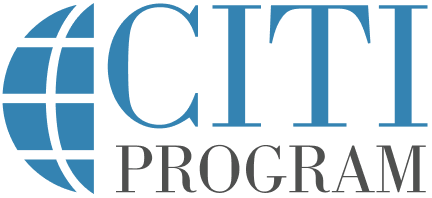On May 23, 2025, the Office of Science and Technology Policy (OSTP) released a comprehensive memorandum guiding federal agencies on implementing what is termed “Gold Standard Science.” Rooted in Executive Order 14303, “Restoring Gold Standard Science,” this initiative outlines a framework to promote integrity, transparency, and rigor in federally funded and performed scientific research.
As agencies across the federal landscape prepare to align their scientific activities with this guidance, it is important to understand the core principles and expectations driving this effort.
What Is Gold Standard Science?
The OSTP defines Gold Standard Science through nine foundational tenets that ensure federally supported or utilized scientific research meets the highest standards of quality and credibility. These principles go beyond academic ideals. They directly inform public decision-making, support innovation, and strengthen public trust in scientific findings.
The Nine Tenets of Gold Standard Science
Reproducibility – Scientific findings should be robust and consistently verifiable through independent replication and varied methodologies. Agencies are encouraged to promote reproducible practices by enforcing clear protocols, robust statistical analyses, and the open sharing of data and code.
Transparency involves comprehensively disclosing research processes, data, methods, and potential conflicts of interest. Open access to such information allows validation, fosters accountability, and supports collaborative advancement.
Communication of Error and Uncertainty – Researchers communicate limitations, assumptions, and variability inherent in their work. Communication includes clear statistical metrics and accessible summaries to ensure accurate interpretation of results by both scientific peers and the public.
Collaborative and Interdisciplinary Approaches – Complex scientific challenges often span multiple disciplines. Agencies promote collaborative research, shared infrastructure, and cross-sector partnerships that encourage the integration of diverse expertise.
Constructive Skepticism – A critical, evidence-based approach to findings and assumptions is central to scientific advancement. This tenet supports funding for replication studies, adversarial collaborations, and structured forums for critical evaluation.
Falsifiability of Hypotheses – Researchers should structure their studies to test hypotheses and potentially disprove them. Agencies are encouraged to prioritize studies with clearly defined, testable predictions and sound experimental design.
Unbiased Peer Review – The integrity of science depends on impartial evaluation. The guidance emphasizes clear review criteria, qualified and independent reviewers, and mechanisms to reduce potential bias or conflict of interest in funding and publication processes.
Recognition of Negative Results – The publication and acknowledgment of null or unexpected findings are essential to advancing knowledge and reducing redundancy in research. Agencies are encouraged to support venues for the dissemination of such results.
Freedom from Conflicts of Interest – Research must be conducted and reported without undue influence from financial, personal, or institutional interests. Full disclosure policies and standardized conflict-of-interest protocols are central to this requirement.
Implementation and Reporting Requirements
All federal agencies are required to submit an initial implementation report to OSTP by August 22, 2025, followed by annual reports each September beginning in 2026. These reports must detail how the agency addresses each tenet, evaluation metrics, training plans, integration of advanced technologies (including AI), and any challenges encountered.
Agencies are encouraged to minimize administrative burdens during implementation and to leverage emerging technologies to automate compliance processes, manage data reporting, and support transparency.
Looking Ahead
The OSTP Guidance on Gold Standard Science represents a structured effort to enhance the quality, transparency, and reliability of science used in public decision-making. While implementation will vary by agency, the overarching goal is to ensure that federally supported research upholds rigorous standards and serves the public interest.
This initiative formalizes a commitment to scientific excellence, aiming to build trust, improve outcomes, and support innovation across the scientific enterprise.









